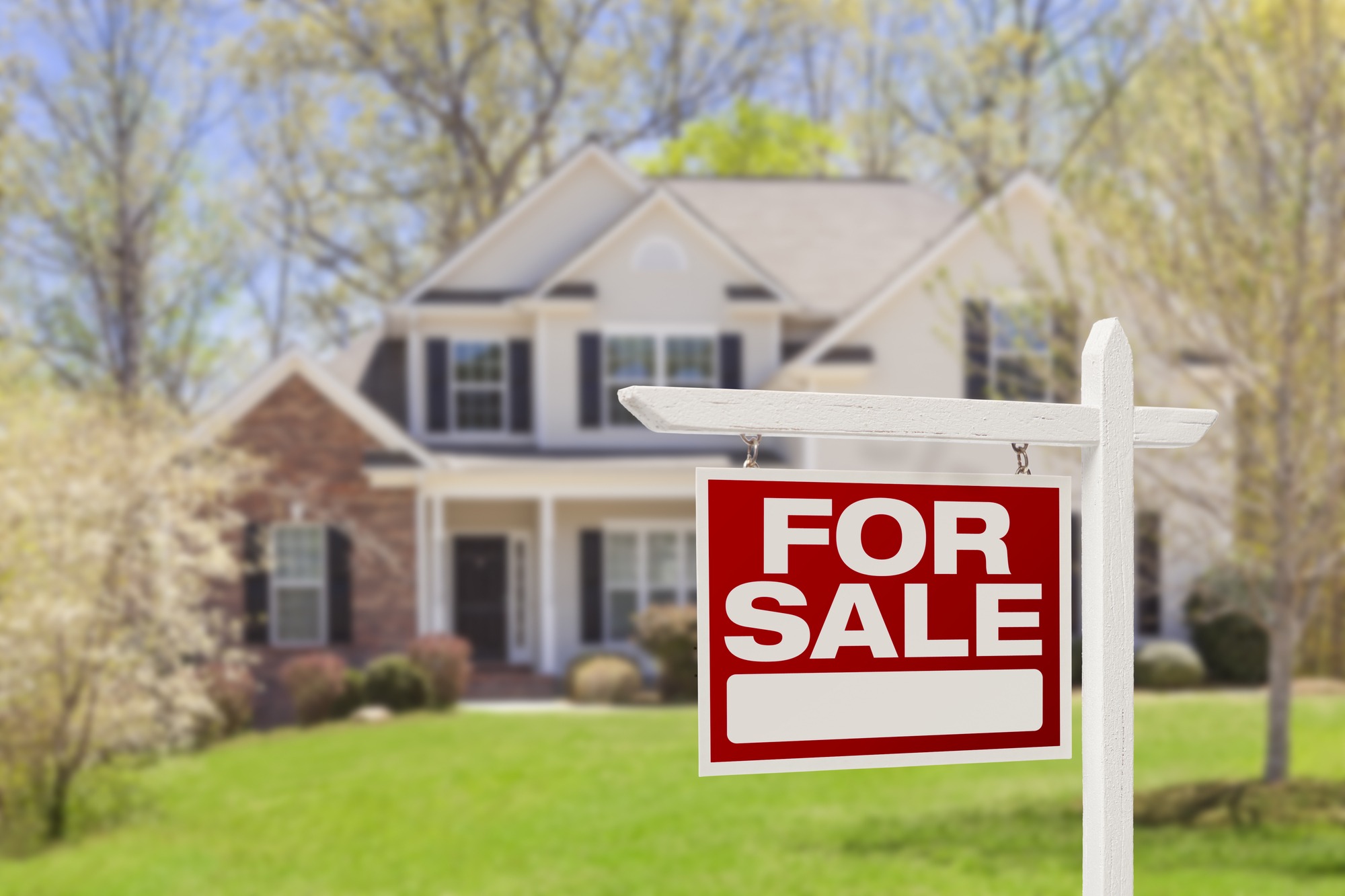Many seniors prefer aging in place and want to live in their homes indefinitely. Staying in familiar surroundings can be healthy for seniors, especially when they have social capital through their relationships with family and neighbors.
Having a connection with loved ones who can help with transportation to appointments, errands, and personal care is a safety net that enables an older adult to feel confident living independently. Still, there comes a time when it may be best for a senior to sell their home.
Limited Financial Resources
When should seniors sell their home? A senior’s financial situation may be the determining factor. Retirees can lose 50% or more of their income when they stop working full-time, but their monthly expenses may grow. While they may save money on transportation, workday lunches, and clothing, their living expenses might outpace their monthly cash flow, especially during periods of high inflation. Seniors who still have a mortgage may risk losing their homes if they miss mortgage payments or can’t afford property taxes.
Food, utilities, health care, and property taxes are expenses that can fluctuate, leaving a shortfall in the money needed to cover them. Seniors who continue to drive must maintain their vehicles. Many retired seniors don’t receive pensions, so they rely on Social Security income, which is typically insufficient to pay for their needs. As a result, some must use credit cards to meet expenses or seek help from community organizations such as food pantries.
Home Maintenance
Maintaining a home’s value means keeping it in good repair. Routine home maintenance like cleaning a big house may be too much for a senior with physical limitations. Painting, making repairs, and replacing worn-out fixtures may be more than an older adult can handle.
Trees and shrubs can grow out of control and put the home’s exterior at risk. Tree limbs can snap and damage a roof. Without regular pruning and trimming, shrubs and vegetation near a home’s foundation can cause moisture problems and be a haven for rodents or insects.
Household repairs and lawn maintenance expenses can affect a senior’s income. When big-ticket items such as heating and cooling systems or roofs need replacing, an older adult may have to borrow money to pay for those upgrades.
Personal Care Needs
When a senior experiences limited mobility or is dealing with chronic conditions where they may not feel their best, it isn’t easy to take care of personal needs. Cooking, laundry, and cleaning tasks can be overwhelming. When money is tight, it’s hard to afford paid caregivers. Loved ones may want to assist, but if they work and are also struggling financially, they may not have the time and resources to help a senior with daily needs. Selling a home in this situation and moving to a retirement community or assisted living facility can provide a senior with a safe environment where they get the necessary care and attention while maintaining a measure of independence.
Empty Nest Syndrome
When adult children move away or grandchildren grow up and no longer visit regularly, life can get lonely for an older person. A house once bustling with activity suddenly becomes quiet. Parents and grandparents become accustomed to planning meals and other activities around children’s schedules.
Sometimes, seniors who no longer have family to cook for neglect to prepare meals for themselves, which can lead to poor health. Moving into a retirement community or residential facility where they can take advantage of on-site dining and social activities can be great for a senior’s health. It can also provide the opportunity to develop new interests and friendships, be more active, and enjoy life.
Making the Transition

The thought of retirees selling their forever homes can be emotional. It’s not easy to sell a house where a senior has lived most of their life. Familiarity, memories, and the hard work it took to purchase and maintain the home may make older adults reluctant to give up a place they hold dear.
However, when a senior’s financial status, health, and safety begin to suffer, a house may be more of a burden than a blessing, so it might be time to explore alternatives. Two strategies to help seniors sell their homes successfully are consulting a financial adviser and hiring a good real estate agent.
Consult a Financial Adviser
If living in your home has become too expensive or difficult to maintain, selling it and downsizing can provide the extra income you require for living expenses and emergencies. A financial adviser can help you look at the tax implications associated with a home sale. They can also assist you with retirement planning issues, such as making the best of your resources when moving to a retirement community.
Hire a Good Real Estate Agent
A good real estate agent knows the best way to achieve a successful home sale. Real estate agents are familiar with seniors selling their homes. They also have insights into what buyers want.
If your current home needs repairs, you might be reluctant to dip into retirement savings, because the return on your investment may not be what you expect. Home buyers often look for houses with good bones or sound structures that they can remodel to their satisfaction. If you don’t have a mortgage payment, selling a home for cash or as-is may help you sell quickly, and you can move on with life in your new community.
Find Your New Community at Riddle Village
At Riddle Village in Media, PA, we offer independent living that promotes an active lifestyle. Retirees who make Riddle Village their new address find a relaxing environment with services that include weekly housekeeping, dining, and wellness programs. Social programs and events make it easy to meet new friends. Call Riddle Village today at 610-891-3700 to schedule a visit and learn more about why it’s the place retirees want to be.

